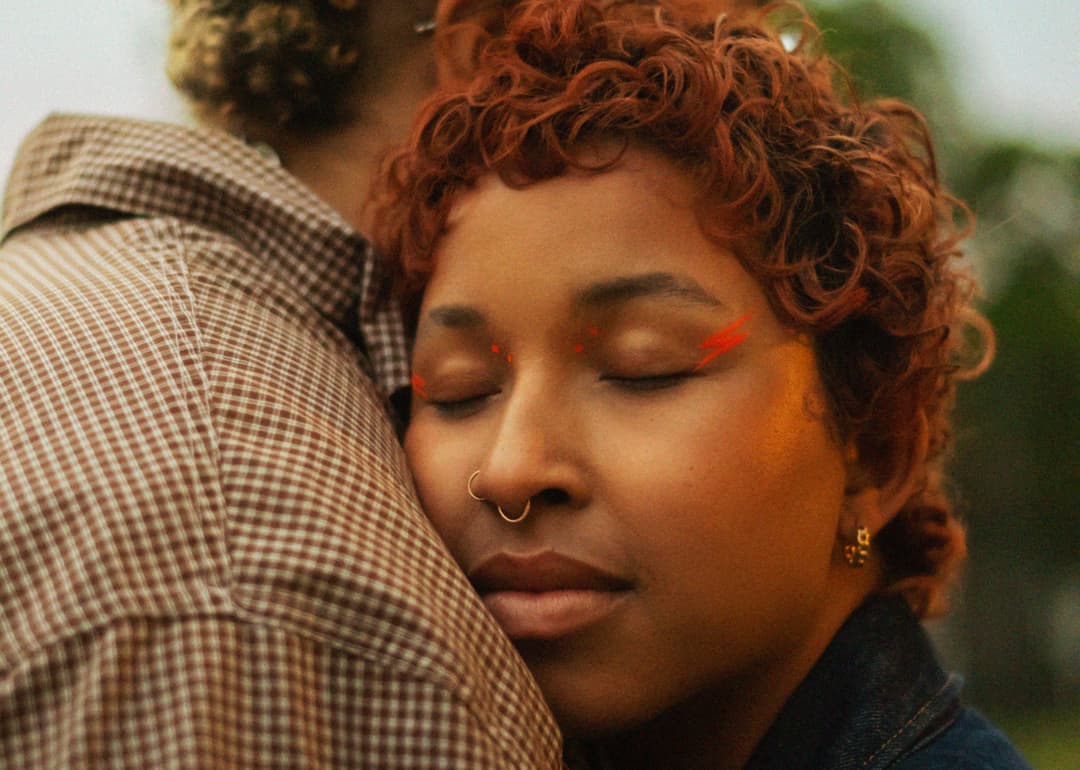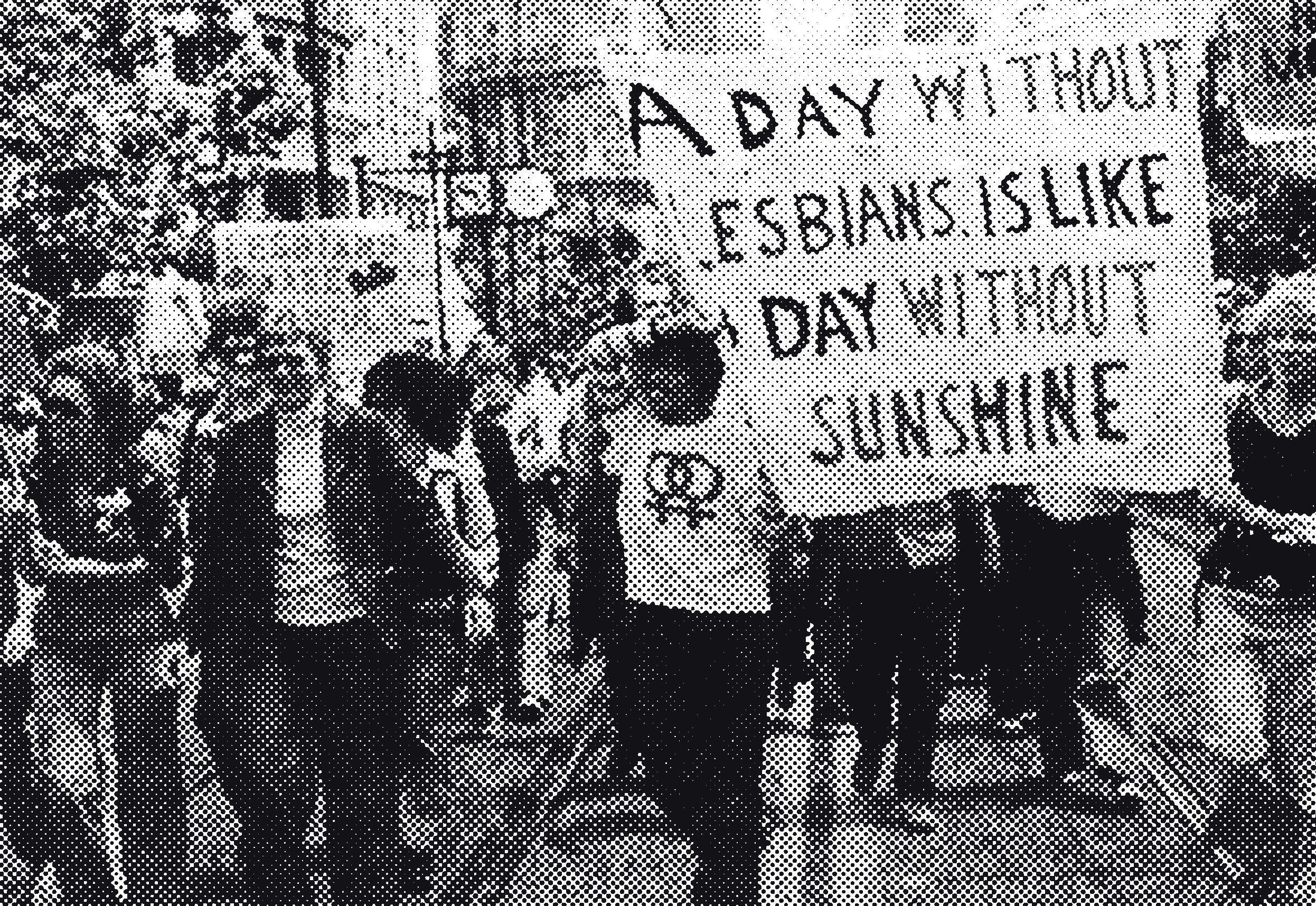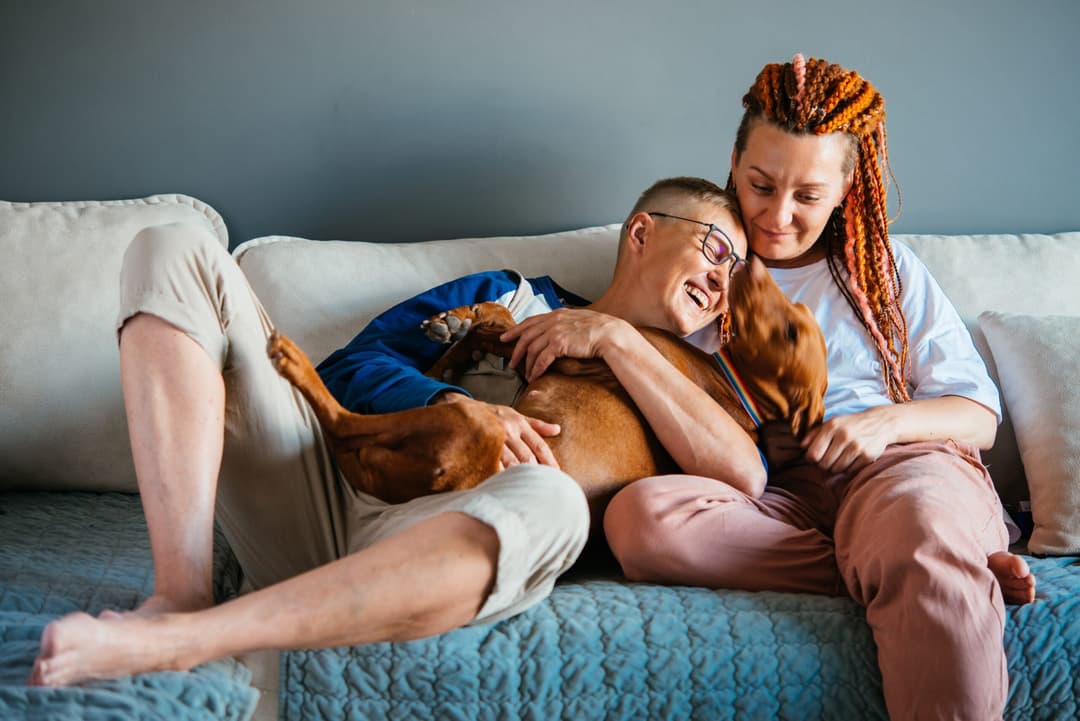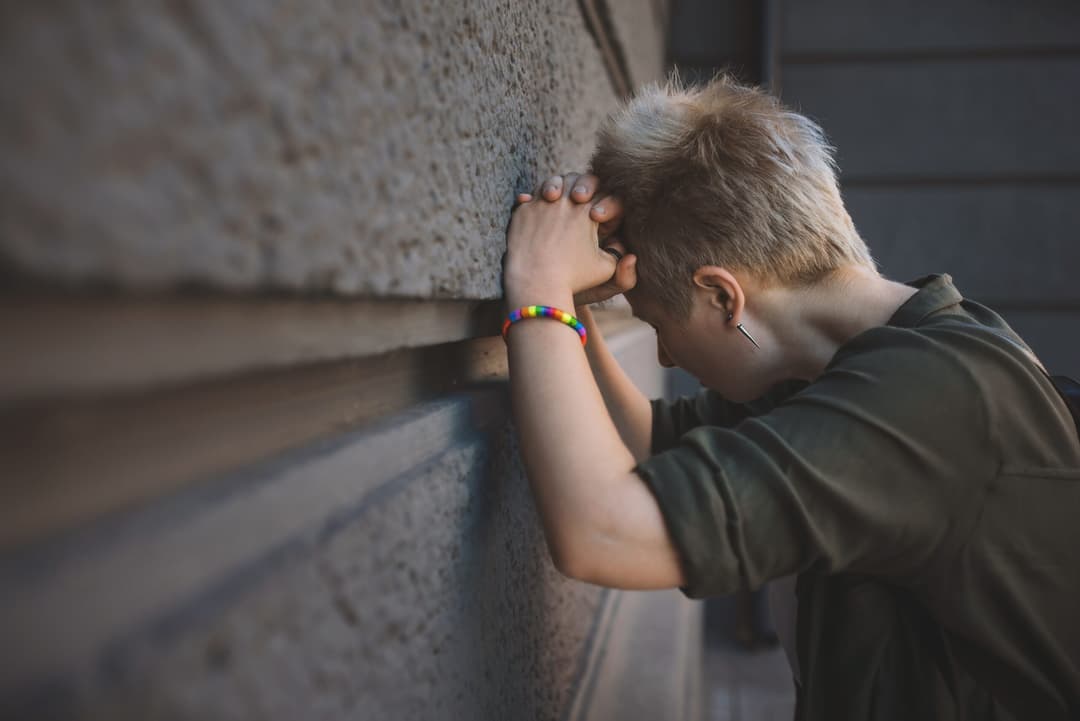What I Wish I’d Known Before Coming Out
Words by Cas

No single path: Coming out looks different for everyone—there’s no “right” way.
Evolving journey: It’s not a one-time event but a lifelong process of self-acceptance.
Authenticity matters: Living your truth brings freedom, connection, and strength.
When I first started questioning my gender and sexuality, I kept hearing the same question over and over again: “Have you come out yet?”
I heard it from my queer friends, from queer media, even from queer support resources — it felt like the whole community was asking it. “Coming out” seemed like the defining moment of being queer, and there was so much pressure on me to be ready. But for me, and for many others, it’s more complicated than people often talk about.
For all the progress we’ve made, coming out can still be a big deal. For many people, it’s a huge step in affirming their identity and bringing their lives in line with their true selves. But it can also be scary, even if you think the people in your life are supportive. Sharing something so personal can still make you feel vulnerable.
So, here are some things I wish I had known before I came out.
You Won’t Come Out Just Once
Coming out isn’t a single event. It’s a process, and something you’ll probably do again and again throughout your life.
I came out for the first time at 15, and at 22 I’m still coming out regularly to classmates, colleagues, and new friends.
You don’t need to tell everyone at once, so take your time. Coming out to a large group can be overwhelming, and you might feel like you’ve lost control over how you’re being understood or perceived.
Start with people you know and trust to be supportive. Build a support base you can turn to if you need help or backup. Start one-on-one or with a small group to see how it feels before you go wider.
You Can Choose What You Tell People
Labels like gay, bi, trans, or nonbinary can be useful tools to help people understand your identity, but no single label can capture a whole person.
You get to choose the labels that make you feel most seen and comfortable. You’re allowed to not know which labels fit, to still be questioning, or to not use labels at all.
Our identities are constantly evolving, and coming out doesn’t stop that process. It’s okay for your understanding of yourself to change — and when it does, it’s okay to change the language you use to describe it.
You can also tailor your language depending on the situation. It’s fine to ask people to use your preferred labels in some contexts but use simpler or broader terms in others.
You Don’t Have to Start Big
The first person you tell doesn’t have to be the most important person in your life. Sometimes, telling someone outside your immediate circle can be a low-pressure way to explore your identity and see how it feels to be out.
Expressing your identity in a space where you’re mostly anonymous, like using an online forum or telling a barista your chosen name, can be a good way to test how it feels for you.
Everyone’s timeline and priorities are different. There’s no “right” order or list of people you need to tell. The only rule is: come out when you’re ready.
You Don’t Have to Come Out
Being publicly out isn’t everyone’s goal and for some people, it isn’t safe or possible.
You don’t owe anyone your identity.
Choosing to keep your identity private, quiet, or unspoken for any reason is absolutely your choice. You can choose what parts of yourself to share and what to keep for now.
Your safety and comfort are always the most important things. You get to choose what to share, who to share it with, and when.
Coming out is for you, not for anyone else.
Do I Need to Come Out to Be Part of the Queer Community?
No. You belong here.
If you feel a connection to the queer community, you’re part of it. There’s no barrier to entry. You’re allowed to find joy, solidarity, and support here no matter where you are in your journey.
Find Your Safety Nets and Know You Deserve Respect
Coming out can be wonderful but it might not always go smoothly.
If you’re considering coming out to someone who holds homophobic or transphobic views, think carefully about your safety. If you decide to go ahead:
- Choose the time and place carefully
- Plan how to start the conversation.
- Let your support network know in advance.
- Reach out for support if you need it
Community Care
Coming out can be exciting, confusing, joyful, or scary, sometimes all at once. It’s completely okay to feel a mix of things, and you don’t have to go through any of it by yourself.
There are people and services out there who get it — who understand what it’s like to navigate identity, family, relationships, and community in your own time and way. Whether you need to talk, find resources, or just feel less alone, these are great places to start:
- QLife (1800 184 527) – National peer support and referral service
- Minus18 – Youth organisation with resources and events
- TransHub – Information on gender-affirming care and safety
- Rainbow Door – LGBTIQ+ helpline in Victoria
- Beyond Blue – National mental health support
- ReachOut – National youth support service
Coming out isn’t a race and there’s no finish line. Where you go, what you do, and who you bring with you are entirely up to you.
Where to
find support
Looking for someone to talk to?
Access safe (and pre-screened) health from our resource list.




